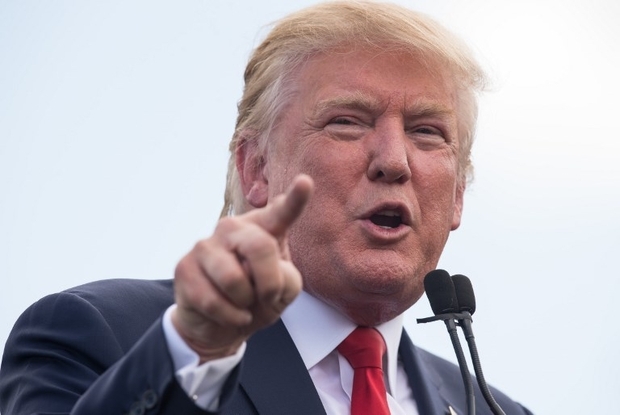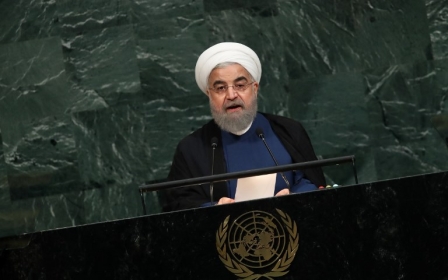Trump considers new travel ban

President Donald Trump is considering a new order to replace his soon-to-expire travel ban on people from six Muslim-majority countries, which would be tailored on a country-by-country basis to protect the United States from attacks, US officials said on Friday.
With the current ban on people from Iran, Libya, Somalia, Sudan, Syria and Yemen due to expire on Sunday, Trump was given recommendations by Elaine Duke, the acting homeland security secretary, but has not yet made a decision on the details of the new order, the officials told reporters.
The officials declined to say which or how many countries would be targeted.
White House spokesman Raj Shah told reporters in a conference call that while "we can't get into decision-making," the next step will be a presidential proclamation setting out the new policy. He declined to say when that would come.
The expiring ban blocked entry into the United States by people from the six countries and locked out most aspiring refugees for 120 days to give Trump's administration time to conduct a worldwide review of US vetting procedures for foreign visitors. The existing refugee ban expires on 24 October.
"We need to know who is coming into our country," Miles Taylor, counselor to the secretary of homeland security, said. "We should be able to validate their identities and we should be able to confirm that our foreign partners do not have information suggesting such individuals may represent a threat to the United States.
"That is a fundamental obligation of the US government, and it's something that drove this process from start to finish."
Under the recommendations Trump is weighing, there would be restrictions on US entry that differ by nation, based on cooperation with American security mandates, the threat the United States believes each country presents and other variables, the officials said.
Trump, who promised as a candidate to impose "a total and complete shutdown of Muslims entering the United States," said the soon-to-expire ban was needed to protect the United States from attacks.
The legal question of whether that ban discriminates against Muslims in violation of the US Constitution, as lower courts previously ruled, will be argued before the Supreme Court on 10 October.
On 15 September, Trump wrote on Twitter, "The travel ban into the United States should be far larger, tougher and more specific-but stupidly, that would not be politically correct!"
Trump's six-nation travel ban was laid out in a 6 March executive order that was blocked by federal courts before being allowed to go into effect with some limits by the US Supreme Court in June.
The March order was intended to address legal issues raised by his January order, which caused chaos at airports worldwide and prompted protests in major US cities and airports. States including Hawaii, the American Civil Liberties Union and refugee resettlement agencies challenged the March order in court.
The March order took effect on 26 June after the Supreme Court allowed the ban to go into effect for "foreign nationals who lack any bona fide relationship with a person or entity in the United States."
The justices granted a request from the Trump administration to block a federal appeals court decision that, according to the Justice Department, would have allowed up to 24,000 additional refugees to enter the United States than would otherwise have been eligible.
New MEE newsletter: Jerusalem Dispatch
Sign up to get the latest insights and analysis on Israel-Palestine, alongside Turkey Unpacked and other MEE newsletters
Middle East Eye delivers independent and unrivalled coverage and analysis of the Middle East, North Africa and beyond. To learn more about republishing this content and the associated fees, please fill out this form. More about MEE can be found here.




